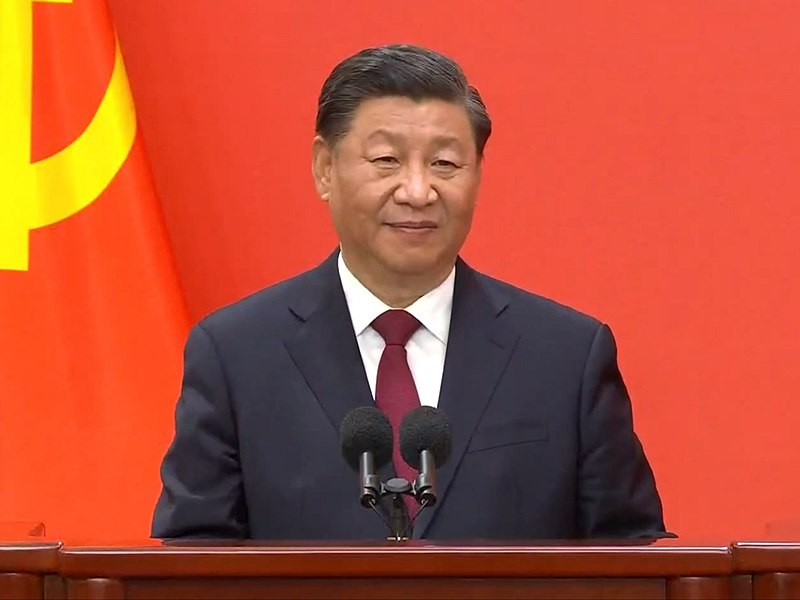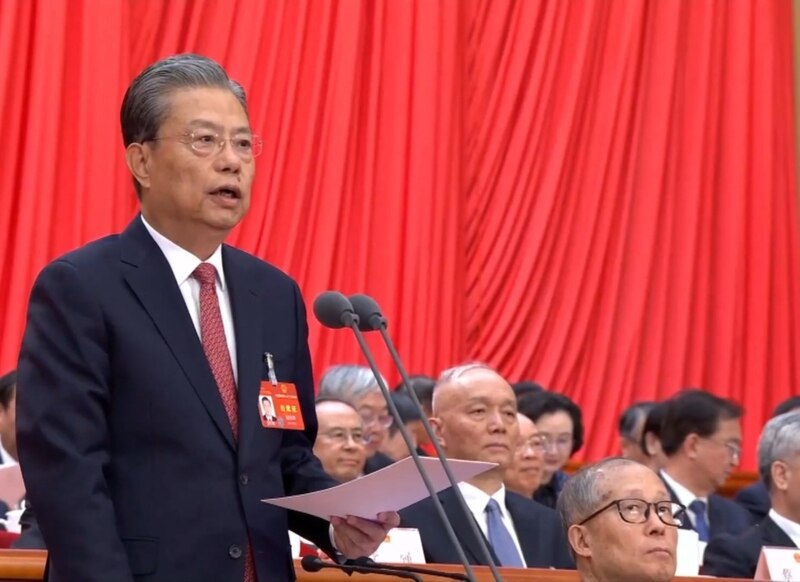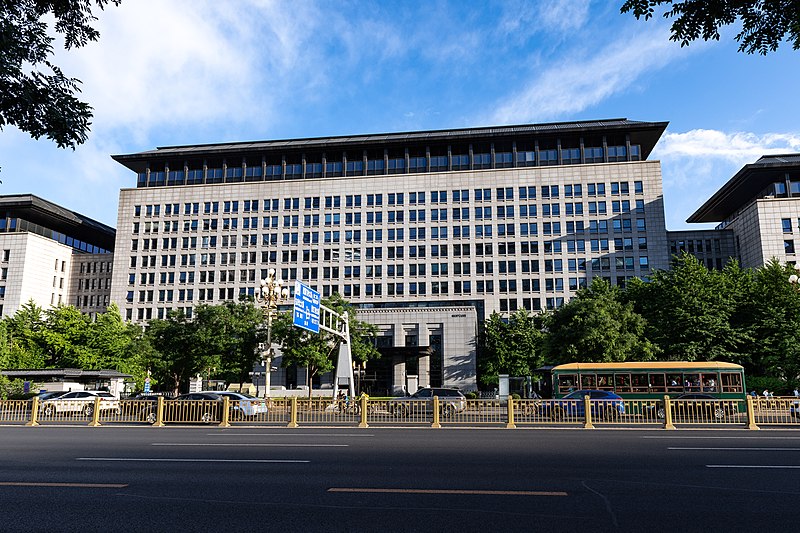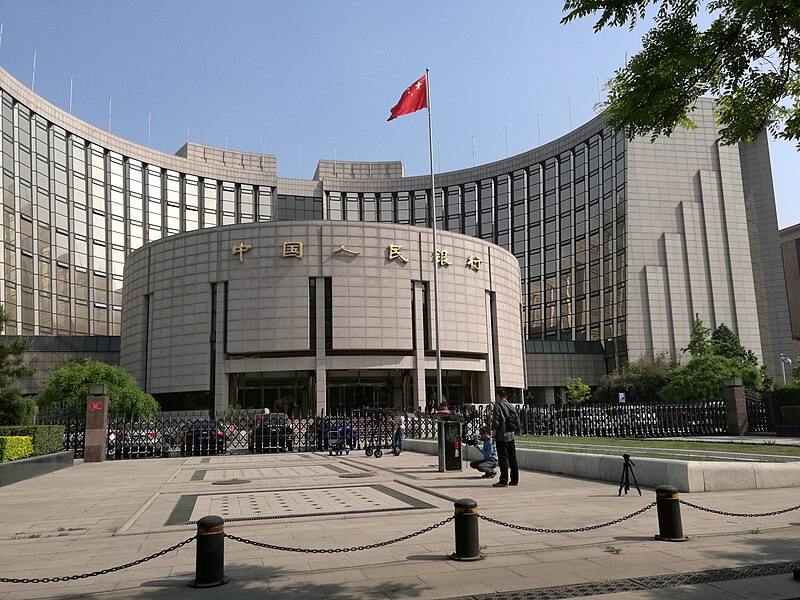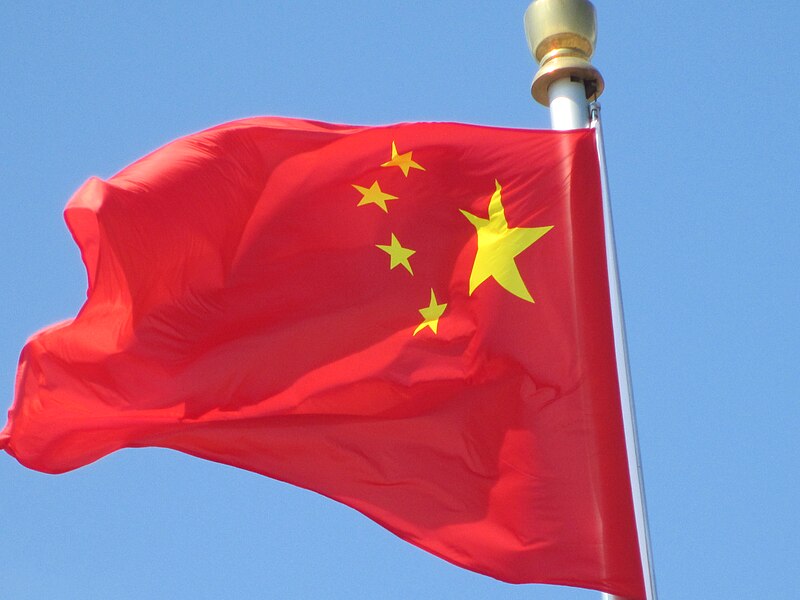
A recent survey conducted in wealthy nations has revealed a shift in favorability, with more positive views towards the United States and decreasing favorability towards China.
This survey was carried out by the Washington-based Pew Research Center and included public opinions from 24 countries, primarily affluent ones.
The disparity in favorability between the world's two largest economies has widened since President Joe Biden assumed office in 2021, as indicated in the report. In contrast, both the United States and China experienced a decline in favorability in 2020 during the onset of the COVID-19 pandemic. Notably, the survey found that views towards China remained low in the latest assessment, resulting in some of the most significant gaps in favorability observed in Pew's polling history.
Released on Monday, this report coincides with a period of intense global competition between the two nations. President Xi Jinping aims to enhance China's reputation and trustworthiness on a global scale, while President Biden has prioritized mending relationships with U.S. allies.
The report underlines the fact that this year, overall views of the United States are more positive than those of China in most of the surveyed locations. However, this has not been a consistent trend throughout Pew's nearly two decades of favorability polling, as views have fluctuated in parallel with changes in leadership.
In 2019, the survey recorded a median of 55% across 22 countries expressing favorable views of the U.S., compared to a median of 39% for China. During the pandemic-affected year 2020, when Pew conducted surveys in a smaller set of countries, favorability medians were 38% for the U.S. and 25% for China. In 2023, across the same countries, the medians were 58% for the U.S. and 21% for China. It is important to note that the medians are calculated based on the 10 countries surveyed in both years, excluding the U.S. and Australia, as indicated by Pew's research analysts.
The gaps in favorability were most pronounced in Poland, Japan, and South Korea, where over 70% of respondents had a positive view of the U.S., compared to less than 30% with a favorable view of China. These findings were the result of nationally representative surveys conducted in 24 countries in 2023.
Notably, Japan and South Korea, both neighboring China, have historically had a tense relationship with each other. In a diplomatic breakthrough, President Biden hosted a trilateral summit with Japan's prime minister and South Korea's president at Camp David in August. This was celebrated as a significant partnership to counter China's influence in the Indo-Pacific region.
In middle-income countries such as Indonesia, South Africa, and Mexico, the disparities in favorable public opinions between the U.S. and China diminished. In Nigeria, where both countries were highly favored, China surpassed the U.S. in favorability, according to the report.
Middle-income countries constituted about one-third of the surveyed nations, and the study did not include any low-income countries.
Pew stated that it was unable to conduct in-person surveys in less developed countries during the pandemic but intends to assess public opinions in those regions as travel conditions improve. Laura Clancy, a research analyst at Pew, mentioned, "In the months ahead, we intend to continue expanding our country coverage to a more economically and geographically diverse set of countries."
In China, the leadership has asserted that the country has garnered more friends and strengthened relationships worldwide, particularly with developing nations. China's massive global infrastructure initiative, known as the Belt and Road Initiative, is credited with bringing economic benefits to foreign countries and winning friends for Beijing. This is in contrast to Western criticism, which suggests that these projects may burden host countries with debt and harm the environment.
Public perceptions of the United States have evolved in tandem with changes in leadership, according to Clancy. In 2023, a median of 56% across 22 countries expressed confidence in President Biden, compared to 19% in President Xi Jinping. In 2019, medians in the same 22 countries expressed confidence in then-U.S. President Donald Trump and President Xi at rates of 31% and 28%, respectively.
In the most recent survey, 83% of people in Poland expressed confidence in President Biden, while only 8% expressed confidence in President Xi, marking a substantial 75-percentage-point gap. Similar gaps of at least 50 points were observed in countries like Germany, Japan, and Sweden. Although the gap narrowed in middle-income countries, more people still expressed confidence in President Biden over President Xi.
The report noted, "These gaps in views of the American and Chinese leaders reflect both souring attitudes toward President Xi in high-income countries and greater confidence in President Biden, particularly when compared to his predecessor, Donald Trump."
In 2007, the gaps in favorability between the U.S. and China were narrower when different leaders were in power in both countries. At that time, a median of 53% across 15 countries had favorable views of the U.S., compared to a median of 43% with favorable views of China. In 2023, medians of 59% and 27% across the same countries held favorable views of the U.S. and China, respectively, according to Pew's findings. Photo by Joshua Doubek, Wikimedia commons.


